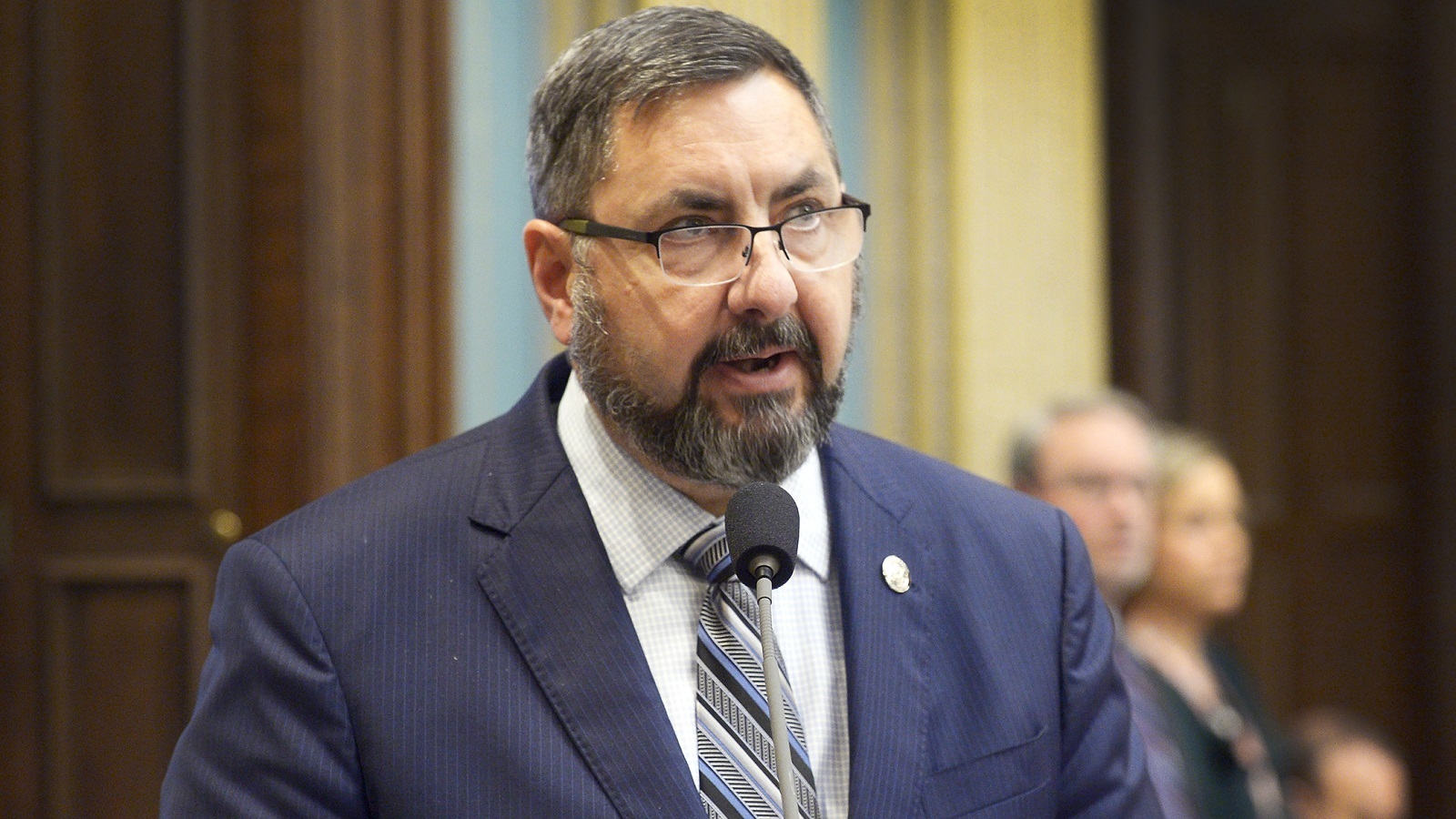Senate Appropriations Committee Chairman Jim Stamas (R-Midland) | senatorjimstamas.com
Senate Appropriations Committee Chairman Jim Stamas (R-Midland) | senatorjimstamas.com
The state of Michigan may face $6.2 billion in revenue losses over the next two fiscal years due to COVID-19.
Local government leaders believe federal assistance is needed to address the impact of the coronavirus pandemic on Michigan's economy.
“Just like every other state that’s been ravaged by COVID-19, we will need a national solution to address this national problem,” Senate Minority Leader Jim Ananich (D-Flint) said in a release issued by The Center Square.
Others have suggested making budget cuts, but Westland Mayor and Michigan Municipal League Board Vice President Bill Wild does not think that would not be enough.
“We have already cut dozens of jobs from the city payroll, including in my office, and are facing more drastic service reductions that our citizens need,” Wild said in The Center Square release. “We see state revenues dropping and that means reductions in revenue sharing. The federal government has helped businesses – now it needs to aid cities that are vital to the success of those businesses, too.”
Even if cuts were made to state employees, Medicaid coverage, and payments to educational institutions, the budget shortfall would only decrease by just over a half, Sen. Jim Stamas (R-Midland) said in The Center Square release. He is calling on Gov. Gretchen Whitmer to come up with a revised budget plan.
“While the governor has time for regular press conferences and appearances on national news shows, it’s time to put a priority on resolving this budget crisis,” Stamas said in the same release. “I stand ready to work with the governor to enact a budget correction plan as soon as possible that puts Michigan families first. Every day she waits leaves us with fewer options and less money.”
Michigan cities are expected to lose 37% of the revenues, according to a report issued by the National League of Cities.
The federal government previously provided $800 million to large Michigan municipalities through the CARES Act. Smaller units of local governments didn’t receive the federal relief.


 Alerts Sign-up
Alerts Sign-up